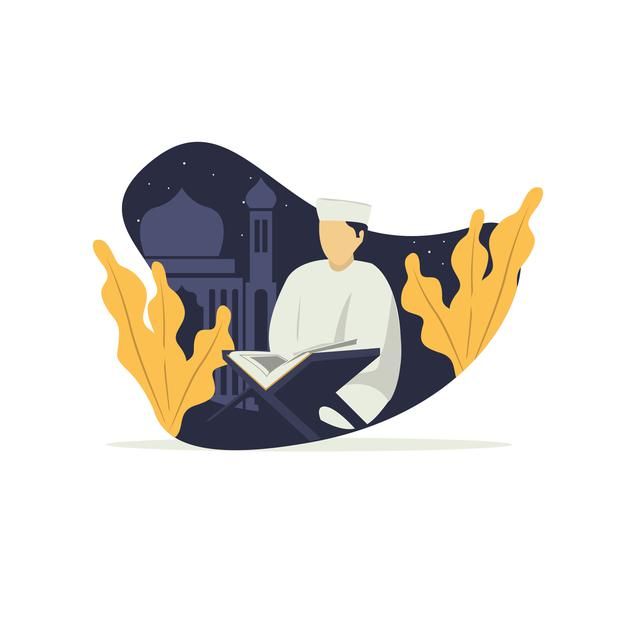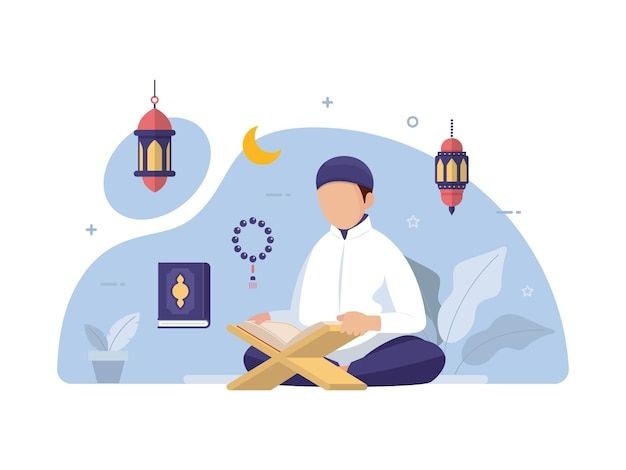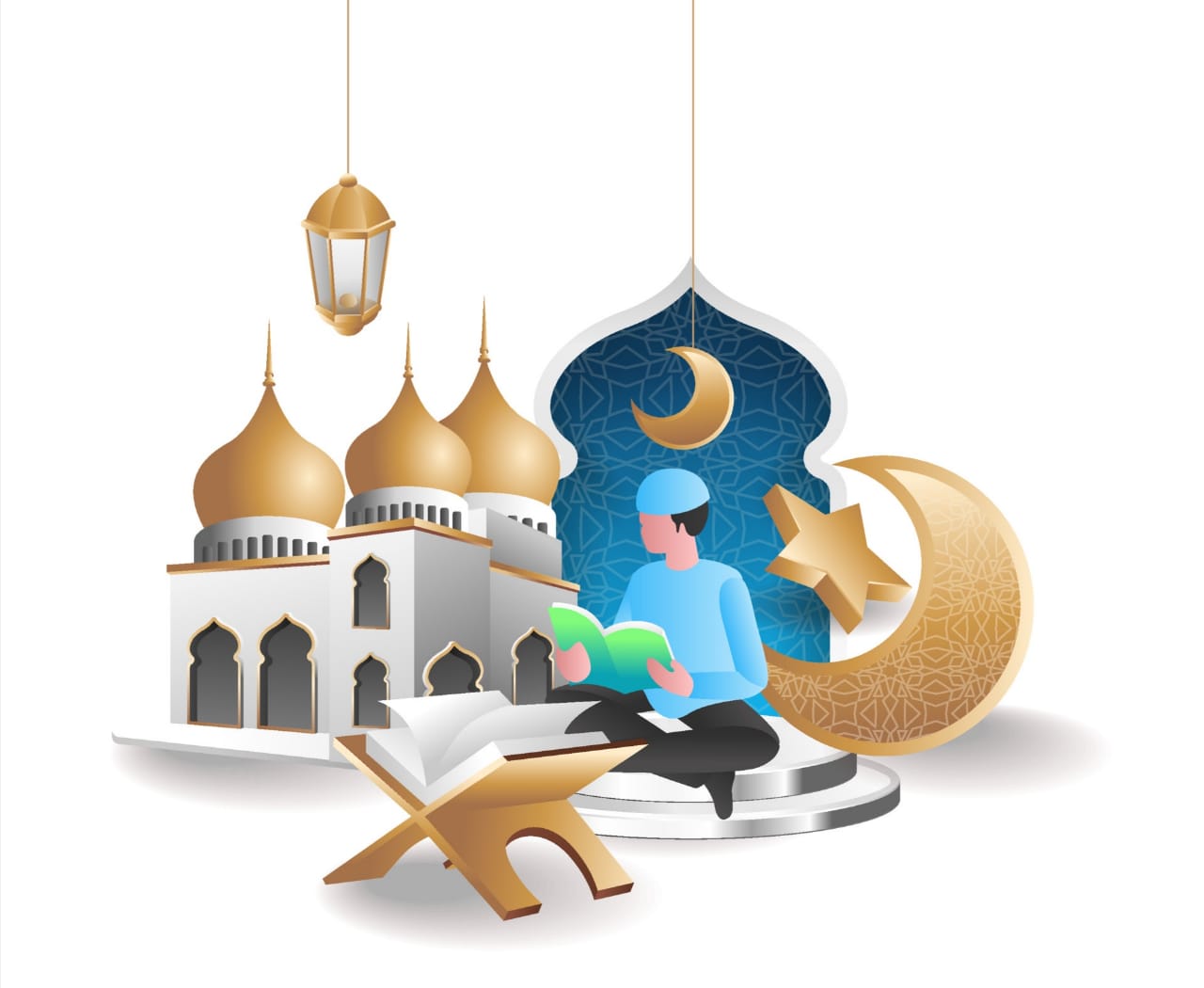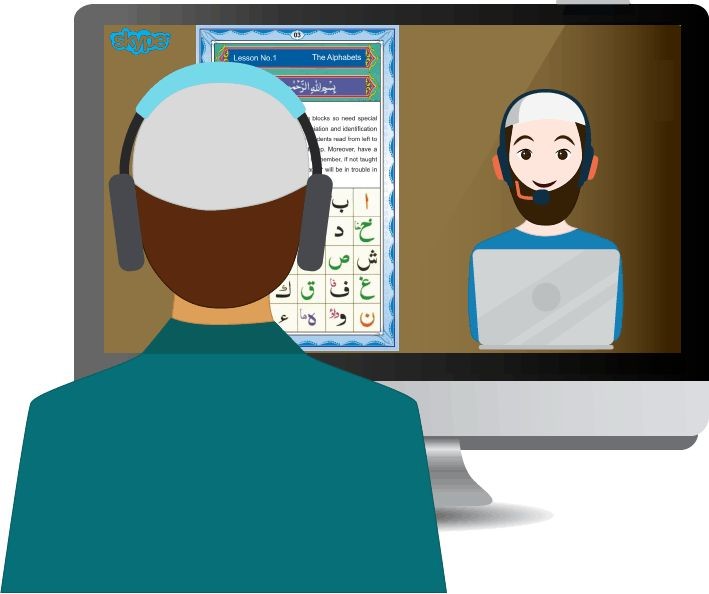Discover the Islamic Path to Knowledge: Learn, Grow, and Thrive
ShareNovember 13, 2024
The Importance of Seeking Knowledge in Islam: A Lifelong Journey of Growth
In Islam, the pursuit of knowledge is more than just a personal endeavor; it is a core value that shapes the lives of Muslims and strengthens communities. The concept of "Ilm" (knowledge) is deeply embedded in Islamic teachings, encouraging us to seek wisdom and understanding throughout our lives. Whether it’s learning about faith or exploring the sciences, the journey of knowledge enriches our spiritual, personal, and professional growth.
1. Seeking Knowledge: A Divine Command in Islam
The emphasis on learning in Islam begins with the first revelation to the Prophet Muhammad (peace be upon him): “Iqra” (Read) (Quran 96:1). This powerful word laid the foundation for a lifelong journey of seeking knowledge. Islam places great importance on both spiritual and worldly education, highlighting that learning is an act of worship that draws us closer to Allah.
The Prophet Muhammad (peace be upon him) emphasized this by saying, “Seeking knowledge is an obligation upon every Muslim” (Ibn Majah). This teaching shows that acquiring knowledge is not limited to religious studies; it includes everything that can benefit individuals and society, from sciences and arts to technology and history.
2. Balancing Spiritual and Worldly Knowledge: A Holistic Approach
Islam encourages a balanced pursuit of both religious (spiritual) knowledge and worldly (secular) learning. This approach helps Muslims lead more fulfilling lives, contributing positively to their families, communities, and the world.
Spiritual Knowledge: Deepening Our Connection with Faith
Understanding the Quran, Hadith, and the life of the Prophet Muhammad (peace be upon him) provides the foundation of Islamic knowledge. By learning about Aqeedah (beliefs) and Fiqh (Islamic jurisprudence), Muslims can practice their faith with confidence and clarity. This type of knowledge enriches our spiritual lives, helping us fulfill our religious obligations and draw closer to Allah.
Worldly Knowledge: Exploring the Wonders of Creation
Worldly knowledge, such as studying science, technology, medicine, or arts, is also highly valued in Islam. The Quran encourages Muslims to observe and reflect on the natural world: “And among His signs is the creation of the heavens and the earth” (Quran 30:22). Gaining expertise in various fields not only helps us appreciate Allah’s creation but also equips us to solve problems and contribute to the well-being of society.
The Prophet Muhammad (peace be upon him) said, “The best among you are those who bring the most benefit to others” (Al-Bukhari). By seeking education and mastering useful skills, Muslims can serve their communities and become valuable members of society.
3. The Impact of Knowledge on Children’s Development
In Islam, parents are encouraged to nurture a love for learning in their children from an early age. The Prophet Muhammad (peace be upon him) said, “The best gift a parent can give to their child is a good education” (Tirmidhi). This teaching highlights the importance of equipping our children with both religious and secular knowledge.
Islamic Education: Building Strong Values
When children learn about Islamic teachings, they develop a strong moral foundation that guides their behavior and decision-making. Teaching kids the basics of the Quran, stories of the Prophets, and the pillars of Islam helps instill good character and strengthens their identity as Muslims.
Secular Education: Preparing for Future Success
Encouraging children to explore subjects like science, mathematics, and languages helps them build critical thinking skills and prepares them for the challenges of the modern world. In Islam, gaining beneficial knowledge is seen as a form of worship when it is used to help others and contribute positively to society.
4. Practical Steps to Incorporate Learning into Daily Life
Seeking knowledge is a daily practice in Islam, and there are simple ways to make it a part of your routine:
- Daily Quran Reading: Spend a few minutes each day reading and reflecting on the Quran. It offers wisdom and guidance that can be applied to everyday situations.
- Take Online Courses: Explore free online courses in various subjects that interest you, from Islamic studies to professional skills like business or technology.
- Engage in Community Learning: Join study groups or community classes to learn with others. Sharing knowledge helps deepen your understanding and creates a sense of connection.
- Teach What You Learn: Share your knowledge with family and friends. The Prophet Muhammad (peace be upon him) said, “The one who guides to something good has a reward similar to that of its doer” (Muslim).
5. The Blessings of Seeking Knowledge in Islam
In Islam, knowledge is seen as a source of light that guides us through the complexities of life. The more we learn, the more we understand our purpose and the greatness of Allah’s creation. The Prophet Muhammad (peace be upon him) said, “When a person dies, their deeds end except for three: ongoing charity, beneficial knowledge, and a righteous child who prays for them” (Muslim). This Hadith reminds us that the knowledge we share continues to benefit us even after we have left this world.
Conclusion: Embrace the Path of Knowledge
The journey of seeking knowledge is a noble pursuit in Islam, one that brings immense rewards both in this life and the hereafter. By striving to learn continuously—whether it’s religious knowledge to deepen our faith or worldly skills to better serve our communities—we fulfill a key aspect of our Islamic identity.Let’s make the pursuit of knowledge a daily habit, encouraging ourselves and our children to learn, grow, and share what we know. After all, the search for knowledge is one of the most fulfilling journeys we can embark on as Muslims.
If you're interested in Quran, Arabic, or Islamic lessons for yourself or your kids, contact us on whatsApp. We're here to help.












